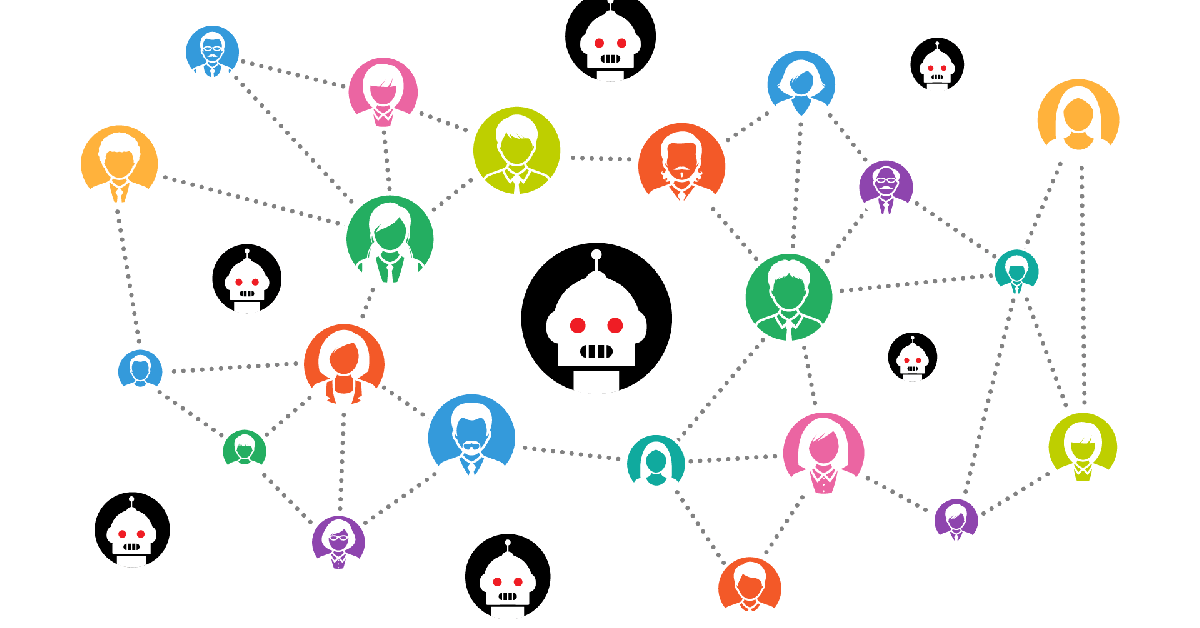AI is often seen as a threat due to concerns about job disruption, bias, and surveillance/privacy. Critics warn that AI could lead to job loss in various fields and perpetuate inequality through biased algorithms. Additionally, the use of AI for surveillance purposes raises privacy concerns. However, one overlooked threat is the impact of mechanization on human relationships.
The rise of AI is contributing to a depersonalization crisis, as human connections are being transformed by technology. Researchers have observed that the injection of technology into relationships can make the work of those in humane interpersonal roles invisible and create challenges in proving that they are not robots. Furthermore, technology can lead to the overloading of workers, compressing their labor into smaller increments of time and space. Ultimately, AI cannot replicate the depth of a human relationship, as one side of the interaction is a machine.
In a study involving over 100 people in roles such as counseling, teaching, engineering, and administration, researchers found that human connections are essential for meaningful interactions. For example, a teacher and principal named Bert emphasized the importance of truly seeing each individual, suggesting that deep connections are crucial for understanding and supporting others. However, the introduction of AI into these roles may hinder the ability to establish genuine connections.
The impact of AI on relationships extends beyond professional settings to personal interactions as well. As technology becomes more integrated into daily life, there is a risk of further distancing individuals from meaningful connections. The convenience of AI-driven communication and services may come at the cost of genuine human interaction, leading to increased loneliness and social fragmentation.
To address the depersonalization crisis exacerbated by AI, it is essential to recognize the value of human relationships and prioritize genuine connections. While AI can offer efficiency and convenience, it cannot replace the emotional depth and understanding that human interaction provides. By acknowledging the limitations of AI in fostering meaningful relationships, individuals and organizations can work towards creating a more connected and empathetic society.









